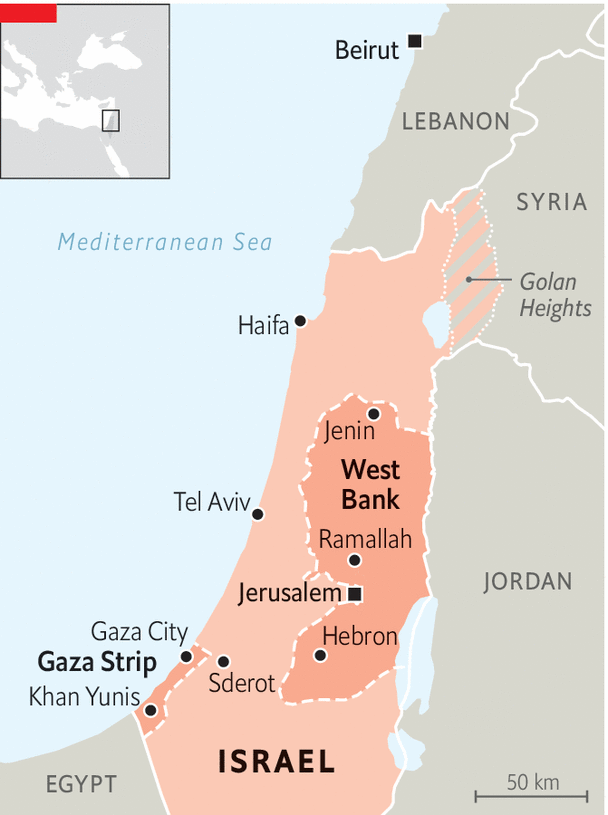Last month, I set out on what I thought would be a relatively simple task: organizing a christian webinar on the war in the Holy Land. I imagined gathering speakers, setting a date, and facilitating a thoughtful discussion. How hard could it be?
Little did I know, I was about to enter a minefield of roadblocks, unanswered emails, and an eerie silence that made me question whether this war was even discussable. I quickly realized that this wasn’t just any war—it was the war no one wanted to talk about.
Every time I reached out to potential speakers, I faced hesitation, polite refusals, or outright silence. No one seemed willing to tackle the most complicated war of our time—the war between Israel and Gaza. Why? Because this conflict is a powder keg of unresolved tensions, political chess games, and centuries of religious history.
It’s not just sensitive—it’s too sensitive. Even in professional circles, people are reluctant to say anything publicly. Organizations struggle to issue official statements, walking on eggshells around a conflict that has too many layers, too much pain, and not enough solutions. As I continued searching for someone willing to speak, I began to wonder: why is this war so hard to talk about?
The answer is as simple as it is maddening: there are no clear answers.
Who started it? There’s no definitive answer.
Who’s responsible? Depends on whom you ask.
What’s the root cause? That’s a rabbit hole of history, politics, and clashing narratives that no one has fully unpacked.
But while the causes are murky, the consequences are brutally clear: thousands dead, millions displaced, lives shattered. And while the world scrambles to negotiate ceasefires and find solutions, the devastation only grows.
This conflict doesn’t just divide nations—it even divides Christians. Some believe the only thing we can do is pray for peace. Others see this war as the fulfillment of biblical prophecy—Israel’s role in the end times. “It must happen,” they say, pointing to scripture. Some are convinced that Israel, as God’s chosen people, must establish itself at any cost. And then there are those who advocate for justice for Palestinians, declaring that violence, regardless of the reason, is never the answer.
So, what now? What is the solution for this? What does the Bible have to say?
The Bible teaches that nations must defend themselves, but it leaves no room for unchecked aggression. Jesus commanded us to “love your enemies.” It’s not just about stopping a thief but helping him change, transforming his heart and actions. Punishment shouldn’t mean elimination but rehabilitation. Peace isn’t achieved through force—it’s achieved through understanding. Could this same principle apply to nations at war? The goal of war shouldn’t be to obliterate the enemy, but to protect and, ultimately, establish peace with them, not without them.
As Christians, what is our role in all of this?
One thing remains crystal clear: God is sovereign, and He is still in control. The Bible calls us to pray for both Israel and the Palestinians, to earnestly seek peace for both sides. When we pray, we allow God to guide us, to lead us to become peacemakers in our own lives—and maybe, just maybe, in places as torn apart as the Holy Land.
So, I leave you with this question: Do you believe peace is possible in the Middle East? Or do you, like some, see this as merely the unfolding of prophecy, a necessary step in God’s plan that must happen, no matter the human cost?
As I reflect on all of this, I realize something unsettling: The reason we haven’t moved toward peace is people like me.
I never truly engaged in peacebuilding efforts for the Holy Land. I, like many others, visited its sacred sites as a tourist, but I never took the time to understand its struggles, its people, or its reality. But in today’s world, with digital technology at our fingertips, there are no more excuses. We can all reach out—one message, one conversation, one prayer at a time.
Maybe, just maybe, we can change one person. And by doing that, change the course of history.
Will you join me?
– Salathiel Nalli

